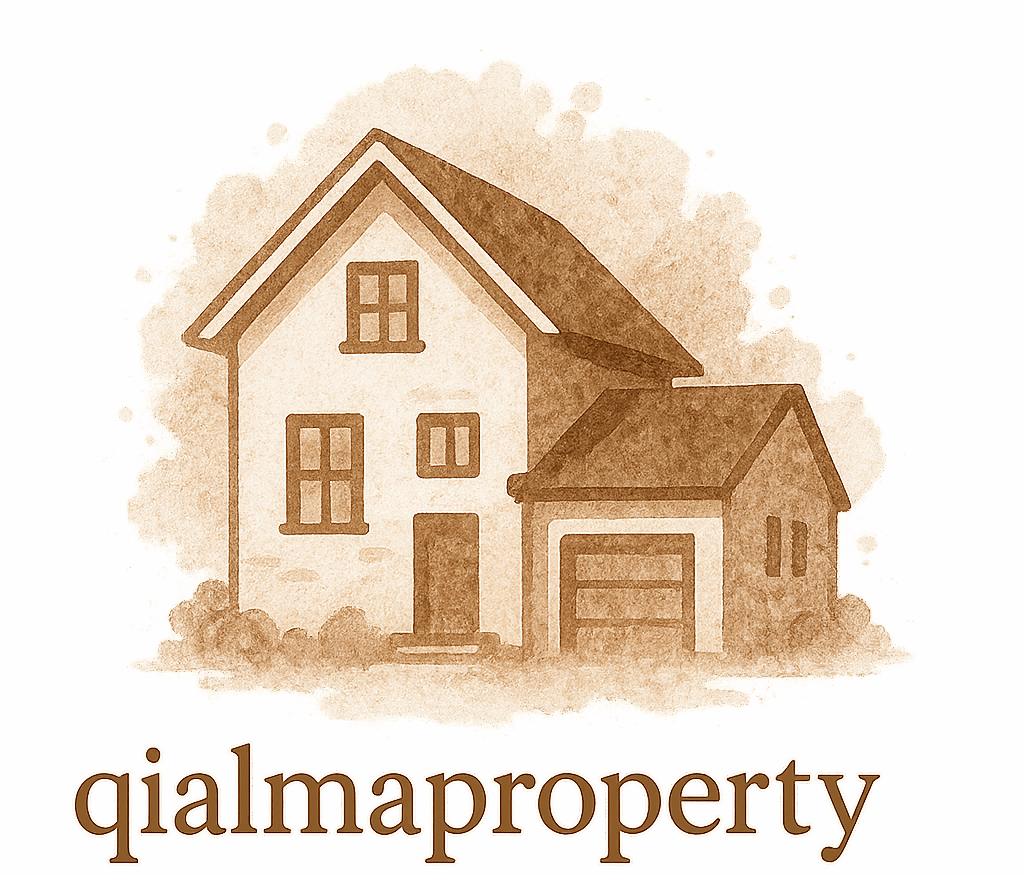Buying property is a huge financial step, especially if it’s your first time. But while everyone talks about the purchase price, few mention the silent budget busters — those hidden costs when buying property that sneak up and take a bite out of your wallet. Ready to discover the stuff no one tells you about? Let’s dive into the nitty-gritty.
You’ve saved your deposit, found your dream home, and secured a mortgage — but suddenly, extra expenses start piling up. Surprise! These hidden costs can easily add thousands to your final bill. If you’re not prepared, they can turn your dream move into a financial headache. That’s why it’s essential to factor them in early.
Want the full scoop on current property trends? Stay ahead of surprises.
1. Stamp Duty Surprises
How It’s Calculated
Stamp duty (or transfer tax in some countries) is often overlooked until you see your solicitor’s estimate. The rate varies depending on property value and whether you’re a first-time buyer or investor.
Common Misconceptions
Many first-time buyers wrongly assume they’ll be exempt. While there are some breaks, it doesn’t always mean zero tax. Check the latest updates on property buying before you commit.
2. Legal Fees and Conveyancing
What’s Included in Legal Fees?
Hiring a solicitor or conveyancer is essential to handle all the legal stuff like contracts, searches, and land registry. But the base quote you get might not cover everything.
Unexpected Add-Ons
Charges for anti-money laundering checks, bank transfers, and leasehold reviews can stack up quickly.
Check out property-selling and buying guides for more insights.
3. Property Survey Charges
Different Types of Surveys
Don’t just rely on your lender’s valuation. A property survey could save you thousands in unexpected repairs.
- Home Condition Report (basic)
- Homebuyer Report (mid-range)
- Building Survey (full structural)
Why You Shouldn’t Skip It
That crack in the wall might look harmless until it turns into a foundation issue. Think of surveys as your property’s health check.
4. Mortgage Setup Fees
Application Fees
Some lenders charge you just to apply — even if you don’t end up getting the loan!
Valuation Fees
Your lender may charge a fee for valuing the property, and guess what? That’s often non-refundable.
Visit our section on property investment to learn how to spot lender traps early.

5. Insurance Costs
Building Insurance Requirements
Before you even complete the purchase, you’ll likely need building insurance in place as a condition of the mortgage.
Optional but Valuable: Contents Insurance
This isn’t a requirement, but if disaster strikes, you’ll be glad you have it.
6. Maintenance and Repairs
Immediate Fixes to Expect
That lovely home might come with a broken boiler or old wiring. Don’t be caught off guard.
Long-Term Upkeep
Older homes need more TLC. Budget for roof checks, plumbing issues, and wear-and-tear updates.
7. Council Tax and Utility Setup
Banding Confusion
You might assume a property is in a low council tax band — until the bill arrives.
Deposits and Connection Fees
Electricity, gas, internet — they all want deposits or installation charges upfront.
Stay ahead of the game by tracking market trends before you move.
8. Removal and Moving Costs
DIY vs Professional Movers
Renting a van sounds cheap — until you throw out your back or scratch your new floors.
Packing Materials and Storage
Boxes, tape, storage unit rentals — small stuff adds up fast.
9. Leasehold and Service Charges
Ground Rent Explained
If you’re buying a leasehold property, you’ll likely have to pay ground rent to the freeholder.
What to Look for in the Lease Terms
Watch for escalating ground rents or unclear service charges. These could affect future resale value.
Learn more from our landlord legal guides.
10. Renovation or Decoration Expenses
Budgeting for Changes
Even with the perfect layout, most buyers want to put their stamp on a home. Think paint, flooring, or new kitchen tiles.
Planning Permissions
Got big plans? You might need planning approval — which can come with its own fees and paperwork.
Check out real estate tips for home improvement do’s and don’ts.
11. Future Resale Preparation Costs
Landscaping, Staging, and Photography
When it’s time to sell, you’ll need your home to look its best. That means staging, professional photos, and sometimes even hiring landscapers.
Upgrades That Boost ROI
Kitchens, bathrooms, and curb appeal updates can dramatically improve your resale value — but only if done wisely.
For the best ROI, check our guide on property growth and real estate 2025.
How to Plan for Hidden Costs
Setting Aside a Safety Fund
The golden rule? Set aside 10–15% of the purchase price for hidden costs. If you don’t use it, great! If you do — you’re covered.
Learn from Investor Tips
Veteran investors always budget for the unexpected. Learn how they plan from our investor tips section.
Conclusion
Buying a property is thrilling — but don’t let hidden costs trip you up. Whether it’s legal fees, moving costs, or unexpected repairs, planning ahead can save you from serious stress. If you’re armed with the right info (like this article!), you’ll walk into your new home prepared and confident.
Want more insights like this? Bookmark Qialma Property and explore everything from rental property advice to guides for first-time buyers.
FAQs
1. What’s the biggest hidden cost when buying a house?
Stamp duty is often the most expensive hidden cost, especially for high-value properties or non-first-time buyers.
2. Are legal fees negotiable?
Sometimes. It depends on the solicitor or conveyancer. Get multiple quotes and ask for a breakdown.
3. Can I avoid survey costs?
You can, but it’s risky. Skipping a survey might save money now but cost you a fortune later.
4. Do first-time buyers pay less in hidden costs?
They often qualify for stamp duty relief and better mortgage deals — but other costs still apply.
5. What’s a leasehold charge?
It’s a recurring fee paid to the freeholder for leasehold properties — can include service charges and ground rent.
6. Is moving house tax-deductible?
Generally, no — not for residential purchases. Investment properties may have some deductible expenses. Learn more under ROI.
7. Should I set aside money even after I move in?
Absolutely. Repairs, upgrades, or resale preparation can all come later. Be prepared with a post-move fund.


